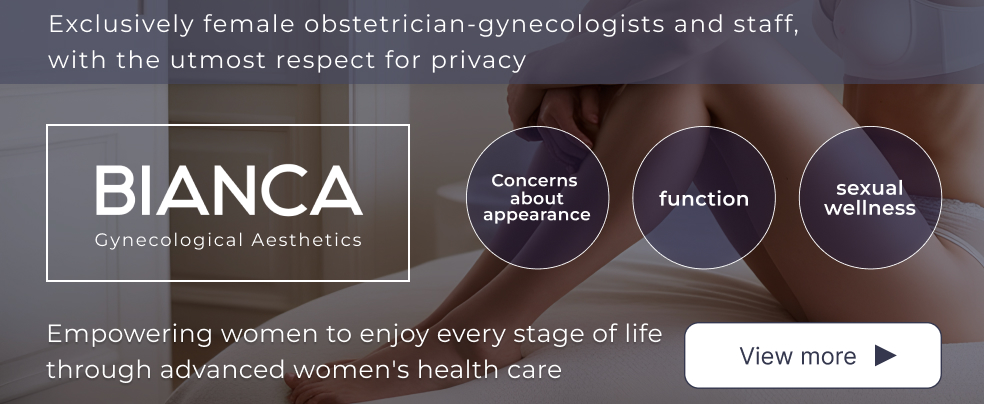In our previous blog, we discussed the connection between estrogen, a female hormone, and hair loss in women. Today, we’ll take a closer look at progesterone, another essential hormone, and its impact on women’s hair health and scalp condition.
What Is Progesterone and How Does It Affect Hair?
Progesterone is a hormone that works synergistically with estrogen to regulate the menstrual cycle, support pregnancy, and maintain overall hormonal balance. Beyond these functions, progesterone significantly influences hair health in various ways:
- Inhibition of 5-Alpha Reductase
Progesterone naturally inhibits the enzyme 5-alpha reductase, which converts testosterone into DHT (dihydrotestosterone). Elevated DHT levels are a leading cause of hair loss, particularly androgenic alopecia (AGA). By reducing DHT production, progesterone acts as a natural blocker of hair loss. - Improved Hair Growth Environment
Progesterone helps balance scalp oil production, creating a healthier environment for hair follicles. Excess oil or sebum can block follicles, hindering hair growth and contributing to scalp inflammation. - Reduction of Inflammation
Progesterone has anti-inflammatory properties that can alleviate scalp irritation, a condition often linked to hair shedding and thinning.
What Happens When Progesterone Levels Drop?
A decline in progesterone levels can occur due to various reasons, including:
- Menopause: Natural hormonal changes during menopause reduce both estrogen and progesterone, increasing DHT levels and the risk of hair thinning.
- Postpartum Period: After childbirth, hormonal shifts can result in telogen effluvium, a type of hair shedding exacerbated by reduced progesterone levels.
- Polycystic Ovary Syndrome (PCOS):
- Irregular Ovulation: Causes progesterone deficiency.
- Elevated Androgens: Leads to increased DHT, further intensifying hair loss.
In these scenarios, low progesterone allows DHT to be produced more freely, accelerating hair thinning, shedding, and even bald spots.
PCOS and the Hair Loss Vicious Cycle
Women with PCOS often experience:
- Increased androgen levels, which worsen hair thinning by stimulating DHT production.
- Irregular ovulation, further reducing progesterone and disrupting hormonal balance.
This creates a feedback loop that is difficult to break without targeted treatments.
Beyond Menopause: Early Progesterone Decline
Progesterone levels can decline long before menopause due to factors like:
- Stress: Chronic stress raises cortisol, which disrupts hormonal balance.
- Diet and Lifestyle: Poor nutrition and lack of physical activity can negatively impact hormone production.
- Certain Medications: Birth control pills and other hormonal treatments can alter progesterone levels.
Even women in their 20s and 30s can experience early declines, contributing to unexpected hair thinning.
Signs of Hormonal Hair Loss
Some telltale signs that your hair loss might be hormone-related include:
- Gradual thinning around the crown or parting line.
- Increased shedding during brushing or washing.
- Hair strands appearing weaker or finer over time.
- Scalp tenderness or increased oiliness.
Addressing Progesterone-Related Hair Loss
1. Hormonal Testing
A blood test can determine progesterone levels and assess other hormonal imbalances, such as elevated androgens or low estrogen.
2. Natural Hormone Replacement Therapy (NHRT)
NHRT provides bioidentical progesterone tailored to your needs, helping to rebalance hormones and protect against DHT-related hair loss.
3. Medications to Block DHT
Treatments like finasteride or dutasteride can complement progesterone by further reducing DHT production.
4. Scalp Treatments
Scalp-focused therapies, such as PRP (Platelet-Rich Plasma) or low-level laser therapy, can stimulate follicle growth while addressing inflammation.
5. Diet and Supplements
- Include foods rich in zinc, biotin, and omega-3 fatty acids.
- Consider supplements like saw palmetto, which naturally inhibits DHT.
Prevention Tips for Hormonal Hair Loss
- Manage Stress: Incorporate activities like yoga or meditation to reduce cortisol levels.
- Regular Exercise: Promotes circulation to the scalp and hormonal balance.
- Balanced Diet: Focus on nutrient-dense foods, including leafy greens, lean proteins, and healthy fats.
- Early Intervention: Consult with a physician at the first signs of hair thinning to address underlying causes.
Take Control of Hair Health
Hormonal imbalances, including low progesterone, play a significant role in hair loss. Understanding and addressing these factors early can make a dramatic difference in maintaining healthy, full hair.
If you’re concerned about hair loss or suspect a hormonal issue, consider a consultation to explore testing and treatment options tailored to your needs. A healthy scalp is the foundation for vibrant hair—and it starts with balancing your hormones!
Bookings are available on website or dm us @bianca_clinic_tokyo
All our consultations, treatments and after care are assisted by a translator (English and Chinese available).
We’re looking forwanrd to seeing you, Sara xx



